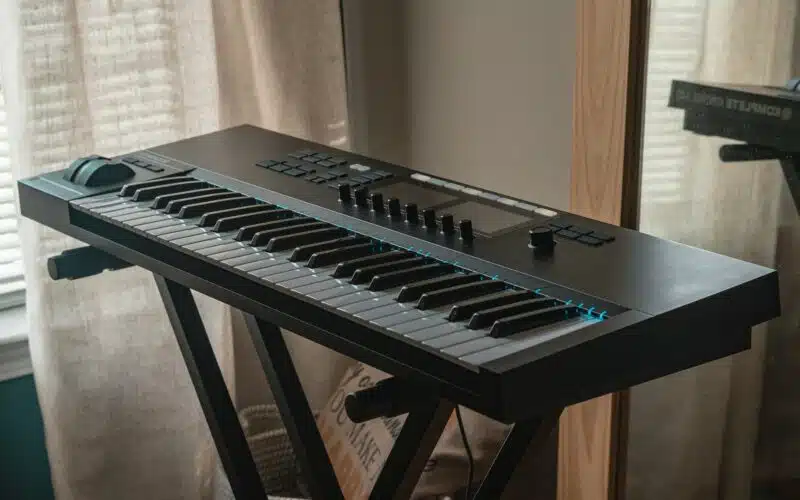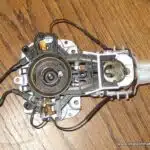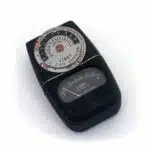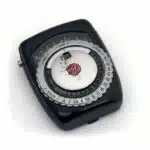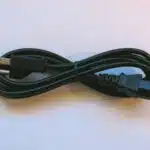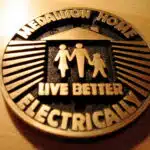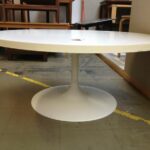Music has the power to inspire, uplift, and transport us to a world of harmonious melodies. If you’re looking to bring the enchantment of piano music into your life, an electric piano can be the perfect choice. Whether you’re a beginner or an experienced player, the right electric piano can enhance your musical journey and create endless possibilities for creativity and expression. In this comprehensive guide, we will delve into the intricacies of choosing an electric piano, offering valuable insights, practical tips, and expert recommendations to help you make an informed decision and find the instrument that resonates with your musical aspirations.
The Appeal of Electric Pianos: A Modern Twist on a Timeless Instrument
Electric pianos have gained immense popularity in recent years, thanks to their versatility, portability, and ability to replicate the rich sound and feel of an acoustic piano. These instruments offer a modern twist on the timeless elegance of the piano, combining cutting-edge technology with the soulful essence of the traditional instrument. Electric pianos come in a variety of styles, sizes, and features, catering to the needs and preferences of different musicians. Whether you’re a pianist, a keyboardist, or a music enthusiast, an electric piano can be a valuable addition to your musical repertoire.
Determining Your Needs and Goals
Before embarking on your journey to choose an electric piano, it’s essential to determine your specific needs, goals, and budget. Consider the following factors:
Skill Level and Musical Goals
Are you a beginner looking to learn the piano? Or are you an experienced pianist seeking an instrument for performances or recording? Your skill level and musical goals will influence the type of electric piano you should consider. Beginners may benefit from a keyboard with built-in learning features and a wide range of sounds, while advanced players may require more advanced features, such as weighted keys and customizable settings.
Purpose and Usage
Are you planning to use the electric piano primarily for home practice and personal enjoyment? Or do you need a portable instrument for live performances and gigs? Determining the purpose and usage of the electric piano will help you narrow down your options. Home users may prioritize features like built-in speakers, headphone jacks, and connectivity options, while performers may require portability, MIDI capabilities, and additional sound manipulation features.
Budget
Set a realistic budget for your electric piano purchase. Electric pianos are available in a wide price range, from entry-level models to high-end professional instruments. Determine the maximum amount you’re willing to invest and consider the features and quality you can expect within that price range. Remember, a higher price doesn’t always guarantee the best instrument for your needs, so it’s essential to strike a balance between your budget and the features that are most important to you.
Key Factors to Consider
Now that you have a clear understanding of your needs and goals, let’s explore the key factors to consider when choosing an electric piano:
Keyboard Action and Touch Sensitivity
The keyboard action and touch sensitivity of an electric piano are crucial for an authentic playing experience. Keyboard action refers to the mechanism that replicates the feel of an acoustic piano. Look for terms like “weighted,” “hammer action,” or “graded” keys, as these indicate a more realistic touch. The touch sensitivity determines the responsiveness of the keys to your playing dynamics, allowing for expressive playing. Some electric pianos offer adjustable touch sensitivity, catering to individual preferences.
Sound Quality and Sampling Technology
The sound quality of an electric piano is a paramount consideration. Look for instruments that utilize high-quality sampling technology to recreate the sound of acoustic pianos accurately. Pay attention to the depth, richness, and authenticity of the piano tones. Electric pianos often offer a variety of additional sounds, such as electric pianos, organs, strings, and more. Consider the versatility of the instrument’s sound library and whether it aligns with your musical interests and styles.
Connectivity and Compatibility
Electric pianos offer various connectivity options that enhance versatility and integration with other devices. Look for features such as MIDI connectivity, USB ports, and audio outputs. MIDI connectivity allows you to connect your electric piano to a computer or other MIDI-compatible devices for recording, composing, and accessing additional sounds. USB ports enable direct connection to computers for seamless integration with music production software. Audio outputs allow you to connect your electric piano to amplifiers or PA systems for live performances.
Portability and Size
If you require portability or have limited space, consider the size and weight of the electric piano. Portable models are designed to be lightweight and compact, making them ideal for musicians on the go. They often feature a detachable stand or can be easily packed into a carrying case. However, if you prioritize an authentic playing experience and are willing to sacrifice portability, larger electric pianos may offer a more realistic feel and sound.
Additional Features and Functions
Electric pianos come with a range of additional features and functions that can enhance your playing experience. These may include built-in speakers, headphone jacks for private practice, recording capabilities, built-in effects, metronome, lesson functions, and more. Consider which features are important to you and align with your musical goals.
Testing and Evaluation
Once you have identified the electric pianos that meet your requirements, it’s crucial to test them firsthand. Here are some tips for evaluating electric pianos:
Playability and Feel
Test the keyboard action and touch sensitivity to ensure that it feels comfortable and responsive to your playing style. Pay attention to the weight and resistance of the keys, as well as the overall playability. If possible, play different musical passages and genres to gauge how well the instrument responds to different playing techniques.
Sound Quality and Tones
Evaluate the sound quality and authenticity of the piano tones. Play various musical pieces and genres to assess how well the electric piano replicates the sound of an acoustic piano. Pay attention to the dynamics, tonal range, and expressiveness of the instrument.
Functionality and Features
Explore the instrument’s functionality and features. Test the additional sounds and effects to ensure they meet your expectations. Experiment with the connectivity options and evaluate the ease of use and compatibility with your existing setup or software.
Durability and Build Quality
Assess the durability and build quality of the electric piano. Look for solid construction, sturdy keys, and reliable controls. A well-built instrument is more likely to withstand the test of time and offer a consistent playing experience.
Seeking Expert Advice
If you’re unsure about which electric piano to choose or need further guidance, consider seeking advice from piano teachers, professional musicians, or music store experts. They can provide valuable insights based on their experience and expertise, helping you make a more informed decision.
Final Thoughts
Choosing an electric piano is an exciting journey that opens up a world of musical possibilities. By considering your needs, goals, and budget, as well as evaluating key factors such as keyboard action, sound quality, connectivity, portability, and additional features, you can find an electric piano that resonates with your musical aspirations. Remember, an electric piano is not just an instrument; it is a gateway to self-expression, creativity, and the joy of making music. Embrace the journey, and let the enchanting melodies flow from your fingertips as you embark on your musical adventure.

